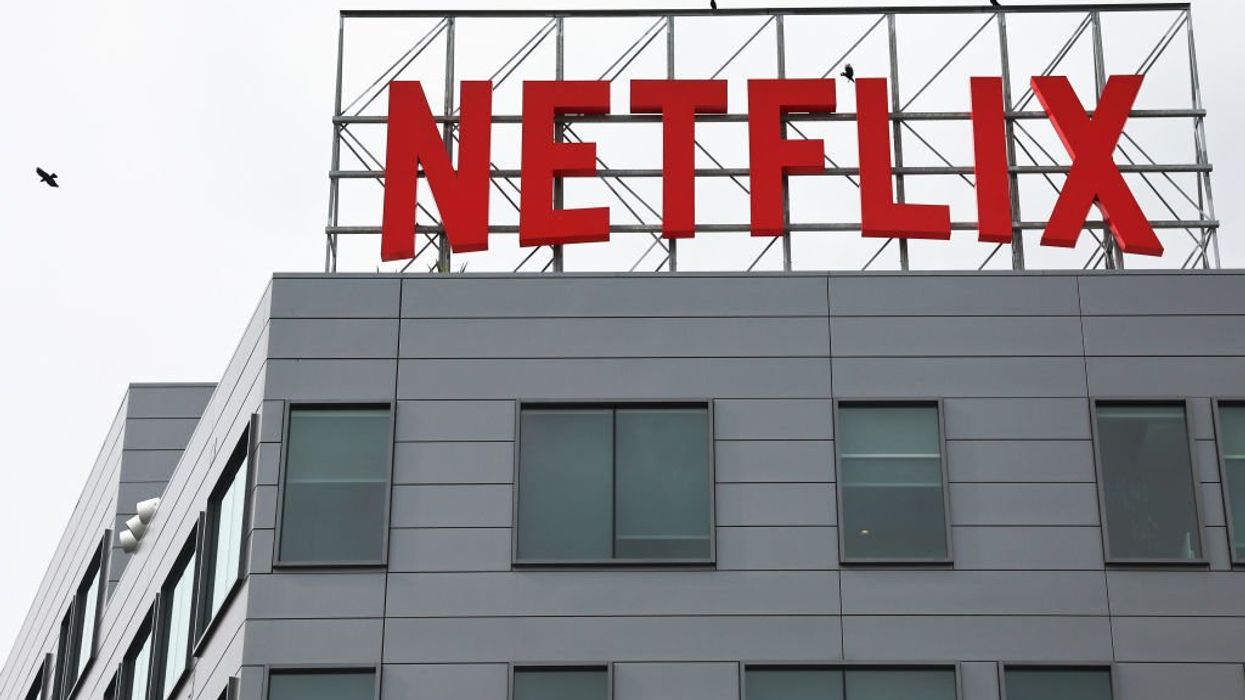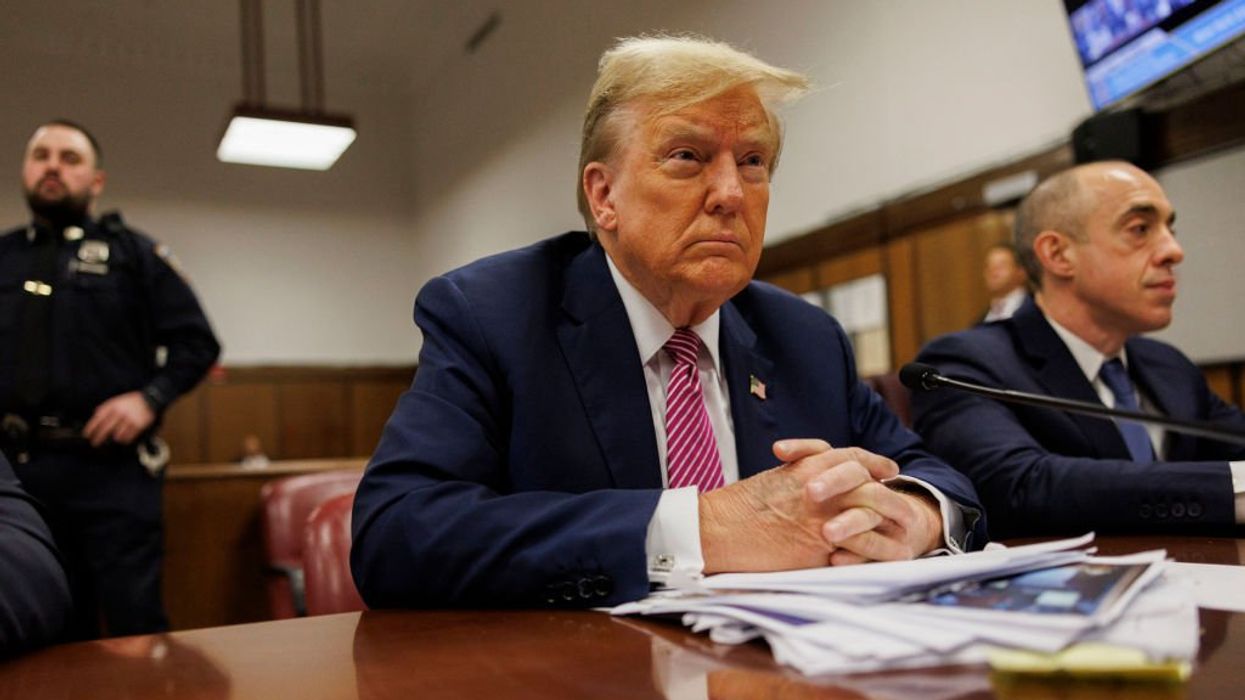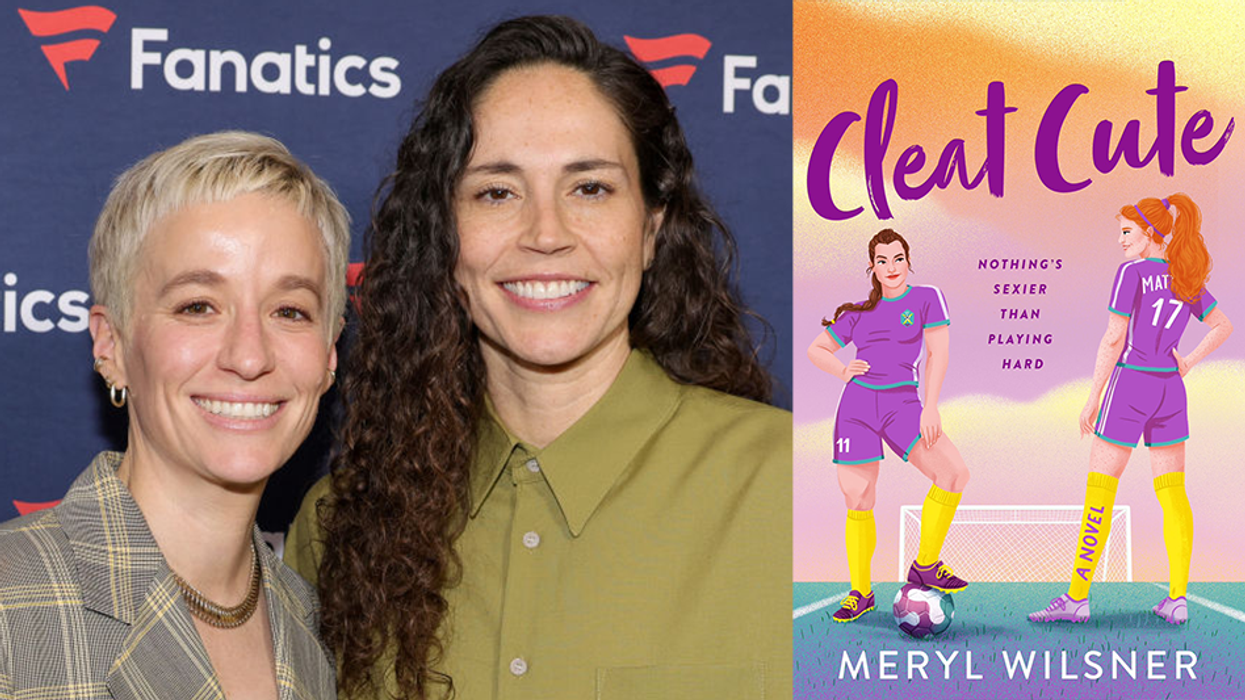
© 2024 Blaze Media LLC. All rights reserved.
President Donald Trump is catching hell from the media over accusations that his budget will cut off funding for Meals on Wheels as part of his proposal to eliminate funding for Community Development Block Grant (CDBG) programs.
Most of the media’s hysterics are exaggerating the effects of the Trump proposal, or being downright dishonest about CDBGs. Examine what Office of Management and Budget (OMB) Director Mulvaney actually said during Thursday’s press conference on the budget, in response to a question on Meals on Wheels.
“As you know, or I think you know, Meals on Wheels is not a federal program,” he began. “It’s part of that community that CDBGs — the block grants that we give to the states, and then many states make the decision to give that money to Meals on Wheels.” (emphasis added)
Stop there. What Mulvaney just said is important. The federal government cannot cut CDBG funding to Meals on Wheels because it does not give that money to Meals on Wheels. It gives that money to the states, and then some states elect to pass it along to programs like Meals on Wheels. To say that Trump’s budget blueprint targets Meals on Wheels for cuts is disingenuous.
Mulvaney continues by explaining why CDBGs are being targeted for cuts in the first place.
“Here’s what I can tell you about CDBGs because that’s what we fund, right? We spent $150 billion on those programs since the 1970s. The CDBGs have been identified since I believe the first, actually the second Bush administration as ones that were just not showing any results.”
“We can’t do that anymore. We can’t spend money on programs just because they sound good.”
To understand the issue here, it’s important to remember how the Community Development Block Grant program works. It is a “block grant” program. That means the federal government writes a check to state and local governments to spend with certain stipulations, but largely without intense scrutiny. Since the CDBGs' creation in the mid-1970s as part of the War on Poverty, the federal government has tossed over $150 billion to state and local governments.
The observable result, as Steven Malanga wrote for the City-Journal in 2005, when the George W. Bush administration targeted CDBGs for reform, is “[l]ocal officials squandered the billions by financing unworkable projects that often went bust, investing in new businesses that couldn’t survive in depressed neighborhoods, and funding social programs with little idea of how they might actually strengthen their communities.”
This program is ineffective because the administration of these funds is often absolutely corrupt. In 2013, the House Financial Services Oversight and Investigations Subcommittee identified “more than $770 million in questionable costs and included recommendations for putting $739.5 million in HUD funds to better use.” The subcommittee identified CDBGs as one of HUD’s largest programs that “lack proper oversight” and are “especially vulnerable to waste, fraud, and abuse.”
One example of such potential abuse comes from my hometown. Recently, in Rockland County, N.Y., the chairman of the county legislature has requested an investigation into the disbursement of CDBG funds. There are allegations of “missing or otherwise unaccounted for money received by the county from HUD.” According to The Journal News, “Rockland controls more than $2.38 million for more than 30 municipalities, non-profits, and community groups.”
Writing for Reason.com, Scott Shackford provides a detailed account of other instances of corruption involving the CDGB program. Further, as Shackford notes, often the money in these block grants does not actually go to service the poor. Instead, it is spent on pork projects like:
- $588,000 for a marina in Alexandria, Lousiana
- $245,000 for the expansion of an art museum in Allentown, Pennsylvania
- $147,000 for a canopy walk at the Atlanta Botanical Gardens in Georgia
- $196,000 for expanding the Calvin Coolidge State historic site in Vermont
- $294,000 for a community recreational facility in New Haven, Connecticut
- $196,000 for the construction of an auditorium in Casper, Wyoming
- $441,000 to replace a county exposition center in Umatilla, Oregon
- $98,000 for the Pearl Fincher Museum of Fine Arts in Spring, Texas
- $245,000 for renovations to awnings at a historical market in Roanoke, Virginia
- $294,000 for the development of an educational program at the Houston Zoo in Texas
The Meals on Wheels controversy stirred up by the media distracts from the legitimate instances of corruption, abuse, and waste that result from CBDGs. Further it is difficult to say how much funding Meals for Wheels would lose if this program were eliminated. The vast majority of the non-profit funding comes from individual contributions and grants from corporations and foundations. Only 3 percent of the budget for the Meals on Wheels national office comes from government grants, according to CNN.
The actual programs that serve senior citizens are conducted by local Meals for Wheels agencies. These local chapters receive about 35% of their funding from the US Department of Health and Human Services, under the Older Americans Act. The funds they receive from CDBGs are supplemental and vary state to state. Anyone claiming that ending the CDGB program will cut off federal funds to Meals on Wheels completely is lying or ignorant.
In consideration of the sheer irresponsible use of taxpayer dollars in the CDBG program, and in light of the fact that Meals on Wheels is not going anywhere if that particular program ends, continuing to fund CDBGs in their current form is immoral. Taxpayers are essentially being legally plundered to fund a program that only empowers local politicians and enriches their cronies.
President Trump should push ahead with ending “America’s worst urban program,” full speed ahead.
Want to leave a tip?
We answer to you. Help keep our content free of advertisers and big tech censorship by leaving a tip today.
Want to join the conversation?
Already a subscriber?
more stories
Sign up for the Blaze newsletter
By signing up, you agree to our Privacy Policy and Terms of Use, and agree to receive content that may sometimes include advertisements. You may opt out at any time.
© 2024 Blaze Media LLC. All rights reserved.
Get the stories that matter most delivered directly to your inbox.
By signing up, you agree to our Privacy Policy and Terms of Use, and agree to receive content that may sometimes include advertisements. You may opt out at any time.



